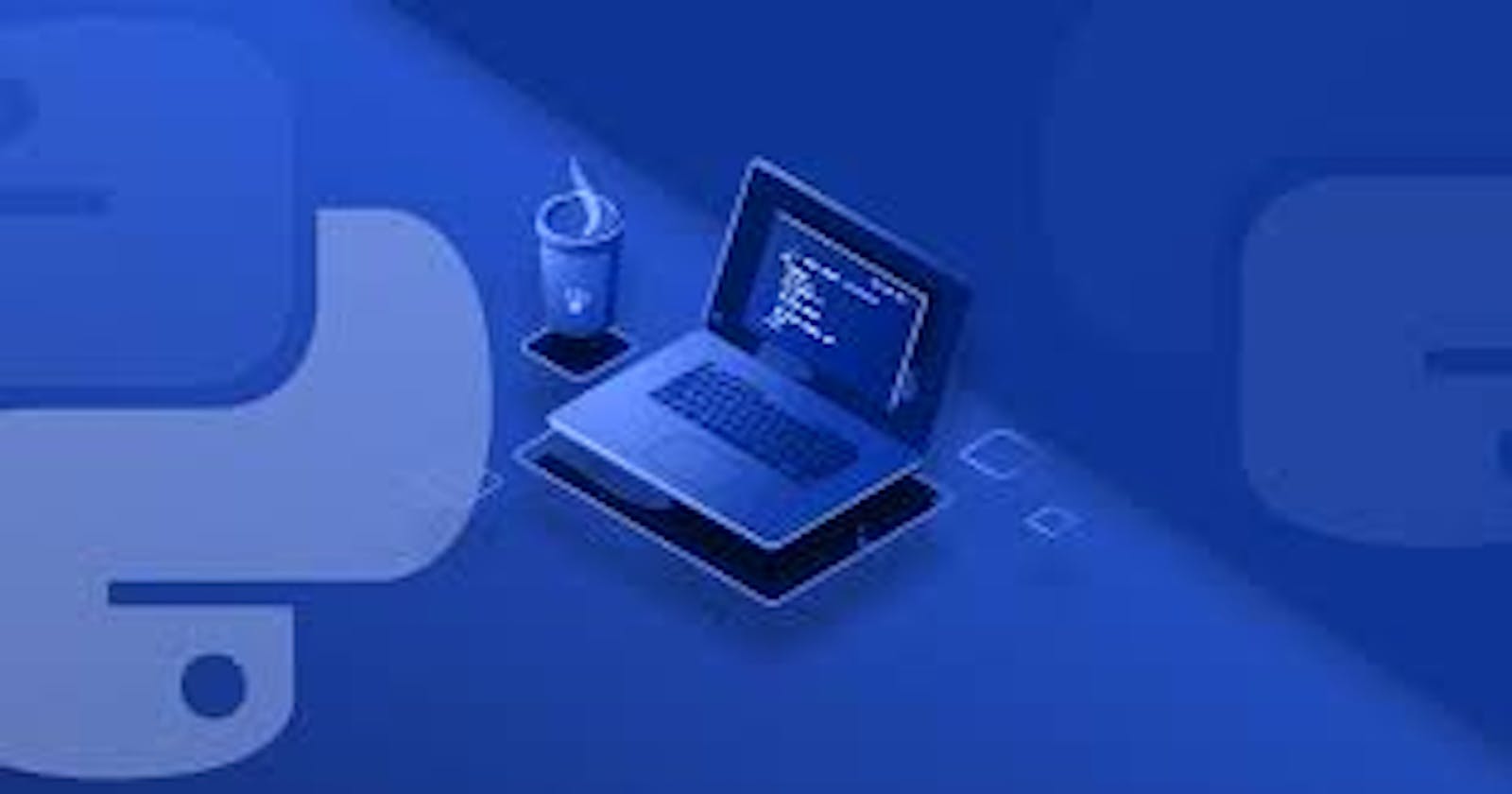Introduction to Python Performance
In the ever-evolving landscape of software development, Python remains a go-to language for its simplicity and versatility. However, as applications grow in complexity and demand, optimal performance becomes increasingly crucial. In 2024, enhancing Python performance is not just desirable but necessary for staying competitive across various domains.
Using the Latest Python Versions
One of the simplest yet most effective ways to boost Python performance is to stay updated with the latest versions. Each new release brings performance improvements, bug fixes, and optimizations that significantly enhance code efficiency.
Optimizing Data Structures
Efficient data structures are fundamental to high-performance Python programming. By carefully selecting and implementing data structures such as lists, dictionaries, and sets, developers can minimize resource consumption and maximize execution speed.
Leveraging Built-in Functions
Python offers a plethora of built-in functions optimized for performance. Utilizing these functions instead of reinventing the wheel leads to cleaner, more efficient code. From sorting and filtering to mathematical operations, leveraging built-in functions improves Python performance smartly.
Implementing Generators
Generators provide a memory-efficient way to iterate over large datasets. By yielding results one at a time, generators minimize memory overhead and enable lazy evaluation, thereby improving performance in scenarios involving extensive data processing.
Employing Decorators
Decorators offer a powerful mechanism for enhancing Python performance while maintaining code readability. By strategically applying decorators, developers can implement cross-cutting concerns such as caching, logging, and authentication without sacrificing performance.
Utilizing Compiled Extensions
For performance-critical tasks, integrating compiled extensions written in languages like C or C++ can yield significant speedups. By interfacing Python with compiled code, developers can harness the performance benefits of low-level optimizations while retaining the high-level expressiveness of Python.
In applications requiring concurrent operations, asynchronous programming offers a scalable solution for improving performance. By allowing non-blocking execution of tasks, asynchronous frameworks such as asyncio enable efficient utilization of system resources and minimize latency.
Memory Management Techniques
Effective memory management is essential for optimizing Python performance, especially in memory-intensive applications. Techniques such as object pooling, reference counting, and garbage collection tuning can help minimize memory leaks and improve overall efficiency.
Profiling and Optimization Tools
To identify performance bottlenecks and fine-tune Python code, developers can leverage a variety of profiling and optimization tools. From built-in modules like cProfile to third-party libraries such as Py-Spy and line_profiler, numerous options are available for analyzing and optimizing Python performance.
Case Studies
Real-world examples of Python performance enhancements illustrate the practical benefits of implementing optimization strategies. Whether speeding up data processing pipelines, improving web application responsiveness, or reducing server infrastructure costs, case studies provide valuable insights into the impact of performance optimization.
Future Trends
Looking ahead, the future of Python performance is bright, with ongoing advancements in compiler technology, runtime optimization, and hardware acceleration. As the Python ecosystem continues to evolve, developers can expect even more sophisticated tools and techniques for achieving optimal performance in diverse applications.
Conclusion
Enhancing Python performance in 2024 requires a proactive approach, leveraging a combination of best practices, tools, and technologies. By staying updated with the latest Python versions, optimizing data structures, utilizing built-in functions, and embracing modern programming paradigms, developers can unlock the full potential of Python for building fast, scalable, and efficient applications. For developers seeking to enhance their Python skills, seeking out the Best Python Training in Indore, Lucknow, Gwalior, Delhi, Noida, and all locations in India can provide invaluable guidance and resources.
